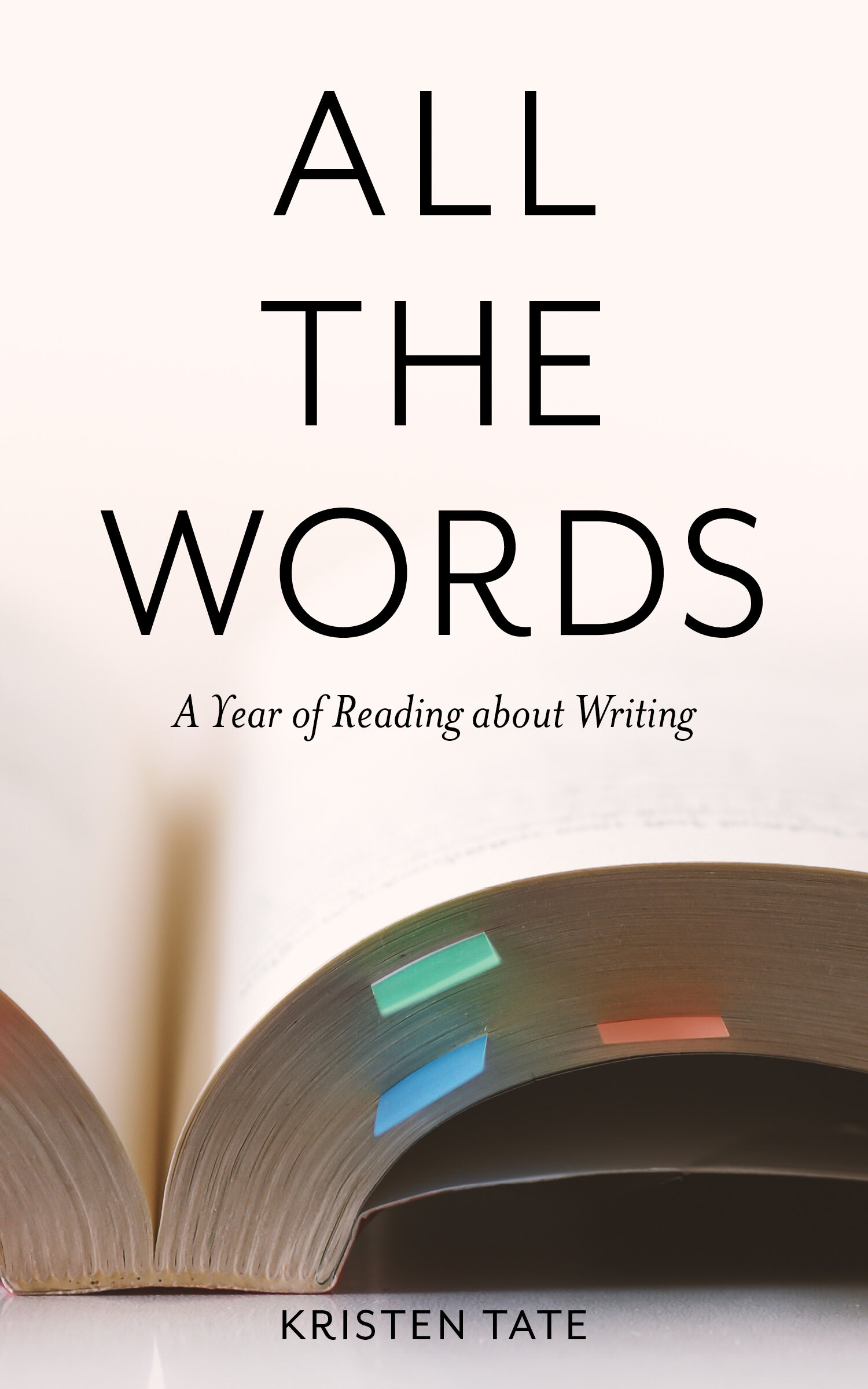Make Your Art No Matter What, by Beth Pickens
I heard about Beth Pickens’s Make Your Art No Matter What: Moving Beyond Creative Hurdles from a fellow member of the Ruby, a vibrant creative community here in San Francisco. When I realized it was published by Chronicle Books, I picked up the print version, knowing that design is always part of the meaning and pleasure of any Chronicle product. I was not disappointed: this is a truly lovely book to interact with as a reader, designed for flipping and browsing to find the bit of wisdom you need at that moment.
Pickens is a psychologist whose practice focuses on supporting artists, and her chapters explore the major roadblocks she’s seen her clients face and overcome. These include many standard topics such as time, work, money, fear, and isolation, as well as topics we might not expect in a book on creative practice, such as “other people,” “marketing,” and “death + god.” Pickens notes that she put these last two chapters next to one another because they are the two topics her clients dislike talking about the most, an observation that is characteristic of the directness and dry humor of the book as a whole.
In the chapter on time, she notes that she practices “death acceptance” in order to reflect on who she wants to be and how she wants to spend her time: “Remembering my mortality gives me the needed motivation to make change, hold everything more lightly, and have compassion for myself and other people. I am less confounded by and anxious about time on the days that I consciously remember that I will die one day.” She mentions an app called WeCroak, which delivers death-themed quotes to your phone a set number of times per day. When I tried it out, I got this one from the wonderful Ursula K. Le Guin: “The only thing that makes life possible is permanent, intolerable uncertainty: not knowing what comes next.” This is true of life and also, of course, of stories.
In every chapter of the book, Pickens starts from broad philosophical concepts like these before moving to practical topics, creative exercises, and straightforward advice. For example, Pickens notes that when she gets tangled up in the conundrum of how to make everything fit in a day, she remembers two propositions: “I can change my attitude about how I spend my days, and l can change the content of my days. Pick one or both.” One of the repeated mantras in the book is that “what we feed will grow.” What you choose to feed and how you do it always turn out to matter less than the act of feeding itself.
I also appreciated the way Pickens untangles the complicated relationship between art and money, a topic I’ve been pondering frequently over the last year or more:
“An artist’s central question when it comes to employment is my art + making a living = what the fuck? This is not a paradox but rather an equation that you may continually rework and resolve throughout your life. This is OK. It doesn’t mean you never ‘figured it out.’ Capitalism isn’t something to figure out; it is something to navigate and live within, while chipping away at its harmful effects and structures and finding strategies for usurping its rules.”
In this realm, as in all others discussed in the book, Pickens urges readers to look for the elements they can control or at least influence and exert that control in ways that support their art and their lives.
This is a fundamentally optimistic book; Pickens believes that positive change is possible for all of us, no matter our circumstances. She dispels (with vivid, compelling stories) the myth that we might one day come to some ideal place in our lives that will allow us to fulfill our creative goals with ease. Guess what happens when her clients find that place? Other anxieties or distractions come along to waylay them. What this means is that we need to find a way to start now. We must make our art no matter what, as the title instructs. Reading Pickens’s book can help you believe that is possible.
Interested in more reviews of books about writing and creativity? Check out our Book Review page or Kristen’s book All the Words: A Year of Reading About Writing. You can read the first chapter and order a digital or paper copy from our shop.



